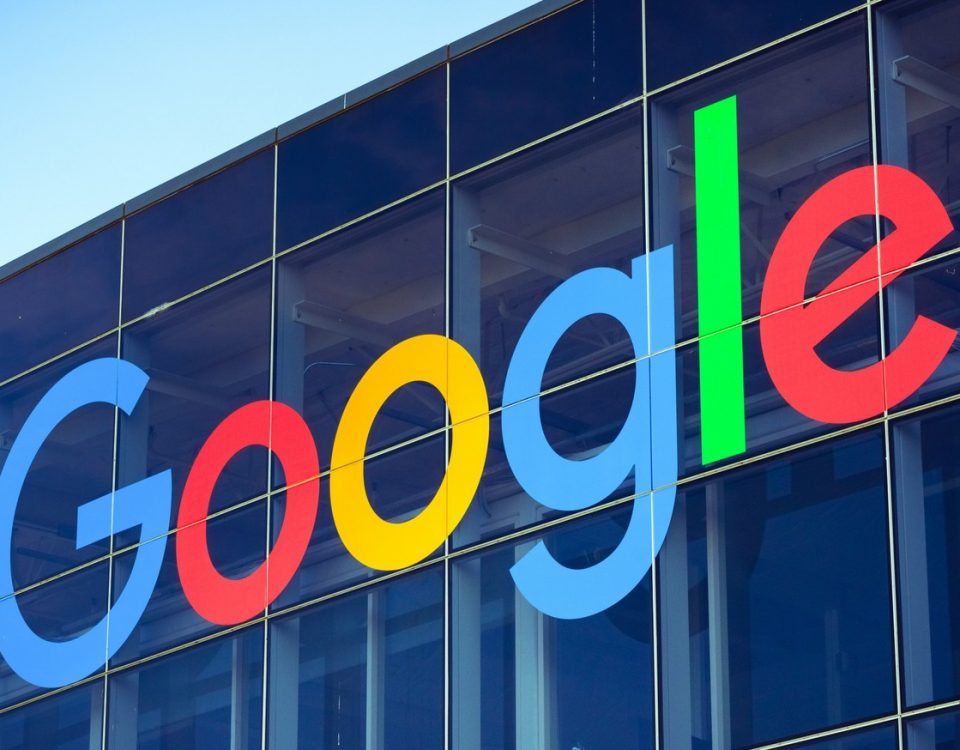Без рубрики
The structured data guidance for the headline property was changed for the articles structured data
Google updated the documentation for the Article structured data which supports Article, NewsArticle and BlogPosting Schema types.
The updated guidelines affects the headline property to make it conform with the guidance on title elements and title links.
Article Structured Data
The article structured data may be one of the most popular structured data types in use because so much content is in the form of many different kinds of articles.
Using the structured data correctly is important because it may make the webpage eligible for a rich result.
The Article structured data and its variants (NewsArticle and BlogPosting) allow publishers to structure a variety of webpage information.
There are many structured data properties related to the Article Type schema. Google’s guidelines generally provides guidance on structured data types that are required or optional for becoming eligible for an enhancement in the search results.
Any changes to the guidance is usually followed by changes in structured data plugins.
Google Relaxes Guidance on Headline Structured Data Property
The change to the guidelines affects the headline property, which Google lists as recommended.
The headline in an article is the title, which is generally reproduced in the title element in the meta data area.
Google previously had a limit in how many characters can be in a headline.
This is the original recommendation: (link to Archive.org)
“The title of the article. The value should not exceed 110 characters.”
Google’s new guidance on the headline property no longer contains a restriction on the length of the article headline:
“The title of the article. Consider using a concise title, as long titles may be truncated on some devices.”
The new guidance on the headline brings it into agreement with Google’s best practices for the title element (often referred to as a title tag) in the guidance for title links.
The title links guidance advises:
“Write descriptive and concise text for your <title> elements.”
Google’s announcement described the change:
“January 3: Removed the 110 character limit for the headline property in the Article structured data documentation.
There’s no hard character limit; instead, we recommend that you write concise titles as long titles may be truncated on some devices.”
It’s always a good practice to be concise, which means to communicate the most information with the least amount of words.
But it’s also okay to use as many words as necessary in the headline while remaining mindful about how the headline may display in Google’s search results.









